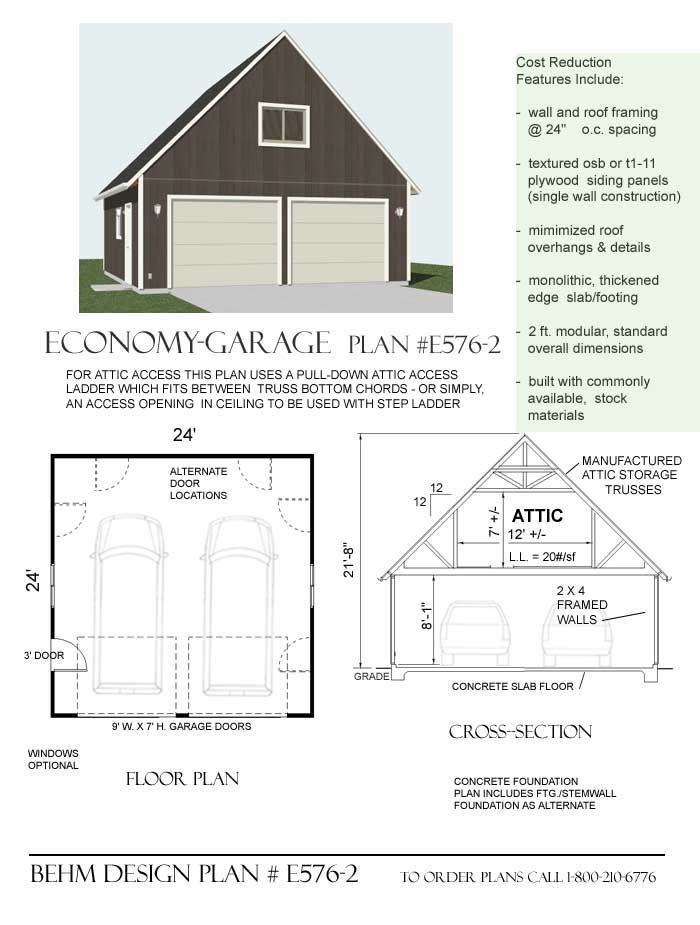
It's not easy to live in a garage. It's not a secure place to live and there are many risks associated with living in it. Pests are the greatest risk. There are many reasons why pests like garages. They are quiet, dark and shaded which attract rodents as well as insects. Accessible garages are also possible. This makes it easy for them to enter and exit the building quickly.
Some of these animals could be dangerous for you and your pets. Muskrats, for instance can be aggressive. If they are not removed, they can cause damage to your plants and spread other diseases. Keep dangerous chemicals out your garage.
Another risk with a garage is that it is not insulated. You may also have problems if the temperature drops. To prevent this, keep your floors warm. Installing garage heaters is a great solution. A second floor apartment can be created.
Many people choose to live in garages for various reasons. It is often because it is convenient. It's easy to get in and out from garages. The garage can be used to store valuable items.

Although the garage offers a safe haven from the elements there are still dangers. If you plan to convert the garage into an apartment, you will need to obtain a building permit. It is also possible to be restricted by zoning laws.
Most communities will have restrictions on the type of living space you can build. To convert a garage into living space, contact your local alderman.
Before making any major changes to your home, you will need to consult your agent. It's important that you keep your taxes up to date and pay the right insurance premiums. Major changes can affect your risk profile and make your house more expensive to insure. An addition to your home with a bedroom or two can lower its resale price.
Although the garage can provide shelter from the elements, it can also be a breeding place for many types of pests. You could be home to a variety of bugs depending on where you live, such as ants, spiders, and raccoons.
Consider whether your garage can be converted into a living space. If you suspect that a neighbor's garage may be infested, you should file an official complaint with the local housing authority. You will find your name on the complaint form.

People have been known as to sleep in their cars while heating their homes with kerosene. These appliances can be dangerous so you need to be cautious. You may also risk your vehicle being stolen.
Safety is the most important thing to consider. If you have kids, you should make sure that they are not exposed to hazardous chemicals. Also, make sure they are away from any boxes, wires, or other items.
FAQ
How much does it take to tile a bathtub?
It's worth spending a lot if you plan to do it yourself. A complete bathroom remodel is an investment. But when considering the long-term value of having a beautiful space for years to come, it makes sense to invest in quality materials and fixtures.
The right tiles can make all the difference in how your space looks and feels. This quick guide will help with your selection of the best tiles, no matter if you're looking for small or big projects.
First, you need to choose which flooring material you want. You have many choices: ceramics, natural wood, stone, porcelain and even stone. The next step is to choose a style. The last step is to choose a color scheme.
For large bathroom remodels, you will likely want the tiles to match the rest of your room. For example, you may opt for white subway tile in the kitchen and bath area while choosing darker colors in other rooms.
Next, determine the size of the project. Is it time to upgrade a small powder area? Or would you rather add a walk-in closet to your master suite?
After you have determined the scope of work, visit local shops to see samples. This will allow you to get a feel for how the product is assembled.
Finally, shop online for great deals on ceramic and porcelain tiles. Many sellers offer discounts and free shipping for bulk orders.
How much does it cost for a complete kitchen renovation?
You may be curious about the cost of a home renovation.
The average kitchen renovation cost is between $10,000-$15,000. You can still save money on your kitchen remodel and make it look better.
One way to reduce costs is to plan ahead of time. This includes choosing a style and color scheme that suits your lifestyle and finances.
Another way to cut costs is to make sure that you hire an experienced contractor. A skilled tradesman will know exactly what to do with each stage of the construction process. This means that he or she won’t waste time trying out different methods.
It's a good idea to evaluate whether your existing appliances should be replaced or preserved. Replacing appliances can add thousands of dollars to the total cost of a kitchen remodeling project.
You might also consider buying used appliances over new ones. A used appliance can help you save money as you won't be charged for installation.
It is possible to save money when you shop around for materials, fixtures, and other items. Many stores offer discounts for special occasions like Cyber Monday or Black Friday.
How do I know if my house is in need of a renovation?
First, consider whether your home has been updated in recent times. You might want to renovate if you haven’t had any home updates in several years. If your home appears brand-new, you might consider a renovation.
A second thing to check is the condition of your house. You should inspect your home for holes, peeling wallpaper, and broken tiles. However, if your home looks great, then maybe it's time to consider a remodel.
The general condition of your home is another important factor. Does it have a sound structure? Are the rooms clean? Are the floors clean? These questions are critical when deciding what type of renovation you should do.
How should you renovate a home?
First, the roof. The second is the plumbing. Third, the electrical wiring. Fourth, walls. Fifth, the floors. Sixth, the Windows. Seventh, doors. Eighth, the kitchen. Ninth, bathrooms. Tenth: The garage.
Once you've completed these steps, you can finally get to the attic.
You might consider hiring someone who is skilled in renovating your house. Renovation of your house requires patience, effort, time and patience. And it will take money too. You don't need to put in the effort or pay the money.
Renovations aren't cheap, but they can save you tons of money in the long run. Beautiful homes make life more enjoyable.
Are there any savings on a remodel of a bathroom or kitchen.
Remodeling a bathroom and kitchen can be costly. However, when you consider how much money you pay each month for energy bills, upgrading your home might make more sense.
Small upgrades can help you save thousands of dollars per year. A few small changes, such adding insulation to walls or ceilings, can cut down on heating and cooling costs. Even a small addition can increase comfort and resale values.
Remember to choose durable and easy-to maintain products when you are planning your renovations. Solid wood flooring, porcelain tile, and stainless steel appliances last longer than vinyl and laminate countertops and require less maintenance.
You might find that upgrading to newer fixtures can cut down on utility costs. Installing low-flow faucets or showerheads can cut water use by up to 50%. Replacing inefficient lighting with compact fluorescent bulbs can cut electricity consumption by up to 75 percent.
What's the difference between a remodel or a renovation?
A remodel is a major change to a room or part of a room. A renovation refers to minor changes made to a particular room or area of a given room. A bathroom remodel can be a large project while an addition to a sink faucet can be a small project.
Remodeling involves the complete or partial renovation of a room. A renovation is only changing something about a room or a part. A kitchen remodel could include replacing countertops, sinks and appliances as well as changing lighting and paint colors. You could also update your kitchen by painting the walls, or installing new light fixtures.
Statistics
- $320,976Additional home value: $152,996Return on investment: 48%Mid-range average cost: $156,741Additional home value: $85,672Return on investment: (rocketmortgage.com)
- 5%Roof2 – 4%Standard Bedroom1 – 3% (rocketmortgage.com)
- Following the effects of COVID-19, homeowners spent 48% less on their renovation costs than before the pandemic 1 2 (rocketmortgage.com)
- Windows 3 – 4% Patio or backyard 2 – 5% (rocketmortgage.com)
- About 33 percent of people report renovating their primary bedroom to increase livability and overall function. (rocketmortgage.com)
External Links
How To
Is a permit required for home renovation?
It is important to do the right thing when renovating your house. All construction projects that involve exterior wall changes are subject to building permits. This includes adding or remodeling your kitchen, changing windows, and so on.
If you decide to renovate your home, but without a permit from the building department, there may be severe consequences. If anyone is injured during the process of renovation, you could face fines or even criminal action.
Most states require that anyone who works on a residential structure obtain a building permit before they can start the work. A majority of cities and counties require homeowners to obtain a building permit before beginning any construction project.
Building permits are usually issued by local government agencies like the city hall, county courthouse or town hall. But they can also be obtained online or via phone.
A building permit would be the best because it will ensure that the project conforms to local safety standards, fire codes, as well as structural integrity regulations.
A building inspector will, for instance, ensure that the structure meets current building codes, such as proper ventilation, fire suppression systems and electrical wiring. He also checks the plumbing, heating, and air conditioning.
Inspectors will also make sure that the deck's planks are strong enough for the weight of whatever is put on them. Inspectors will also examine the structure for cracks, water damage and other problems.
Once the building permit is approved, contractors can proceed with the renovations. Contractors who fail to get the permits could face fines or even arrest.